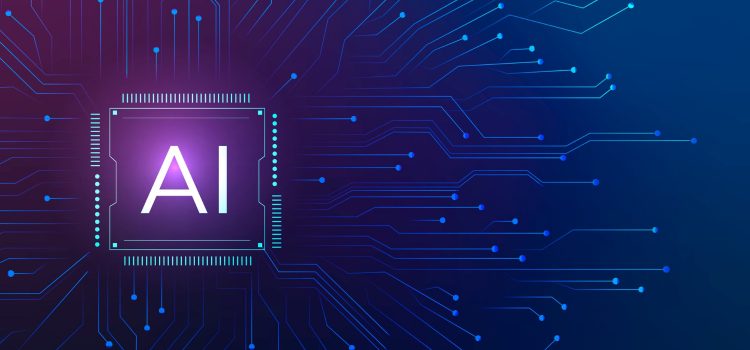
Artificial Intelligence (A.I.) has undoubtedly revolutionized the world we live in. From automated personal assistants to self-driving cars, A.I. has changed the way we interact with technology. However, as A.I. becomes increasingly prevalent in our lives, concerns have been raised about the potential risks and dangers associated with this emerging technology.
One of the most significant risks of A.I. is the possibility of it being used for nefarious purposes. For example, A.I. can be used to create fake news or deepfake videos that can spread misinformation and manipulate public opinion. Additionally, A.I. could be used by cybercriminals to conduct sophisticated attacks on businesses or even governments. As A.I. becomes more advanced, these risks will only increase, making it essential to address them proactively.
Another major concern with A.I. is its potential impact on employment. As machines become more intelligent and autonomous, they will undoubtedly replace humans in certain jobs. This can lead to significant job loss and social upheaval if not managed properly. Governments and businesses need to develop strategies to ensure that A.I. does not lead to mass unemployment and that the benefits of this technology are distributed fairly.
Privacy is another critical issue when it comes to A.I. As machines become more intelligent, they can collect vast amounts of data about individuals, including personal and sensitive information. This data can be used to create detailed profiles of individuals, which could be exploited for nefarious purposes. Therefore, there is a need for strong privacy laws and regulations to ensure that individuals’ data is protected from abuse.
One of the most significant dangers associated with A.I. is the possibility of it becoming too intelligent and surpassing human control. This scenario, known as “superintelligence,” could be catastrophic as machines could start making decisions that are not in humanity’s best interest. While this may seem like a far-fetched scenario, experts warn that it is a real possibility and should not be ignored.
Despite these risks and concerns, there are also many potential benefits to A.I. For example, A.I. can be used to identify and solve complex problems, such as predicting natural disasters or developing new medical treatments. Additionally, A.I. can help businesses become more efficient and productive, leading to economic growth and job creation.
However, it is essential to balance the potential benefits of A.I. with the potential risks and dangers. We need to address these risks proactively to ensure that A.I. is used for the betterment of society and not to its detriment. Governments, businesses, and individuals all have a role to play in ensuring that A.I. is used ethically and responsibly.
In conclusion, the perils of A.I. are real and significant. As machines become more intelligent and autonomous, the risks associated with this technology will only increase. However, this should not deter us from exploring the potential benefits of A.I. We need to address the potential risks and dangers proactively to ensure that A.I. is used for the betterment of society and not to its detriment. The time to act is now.








